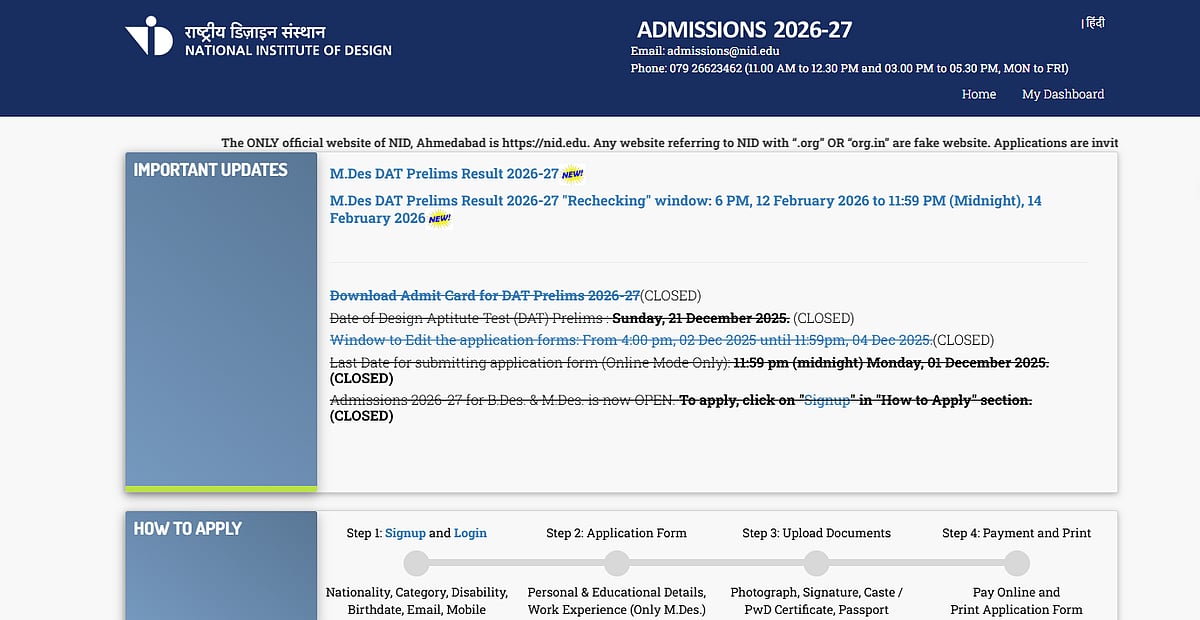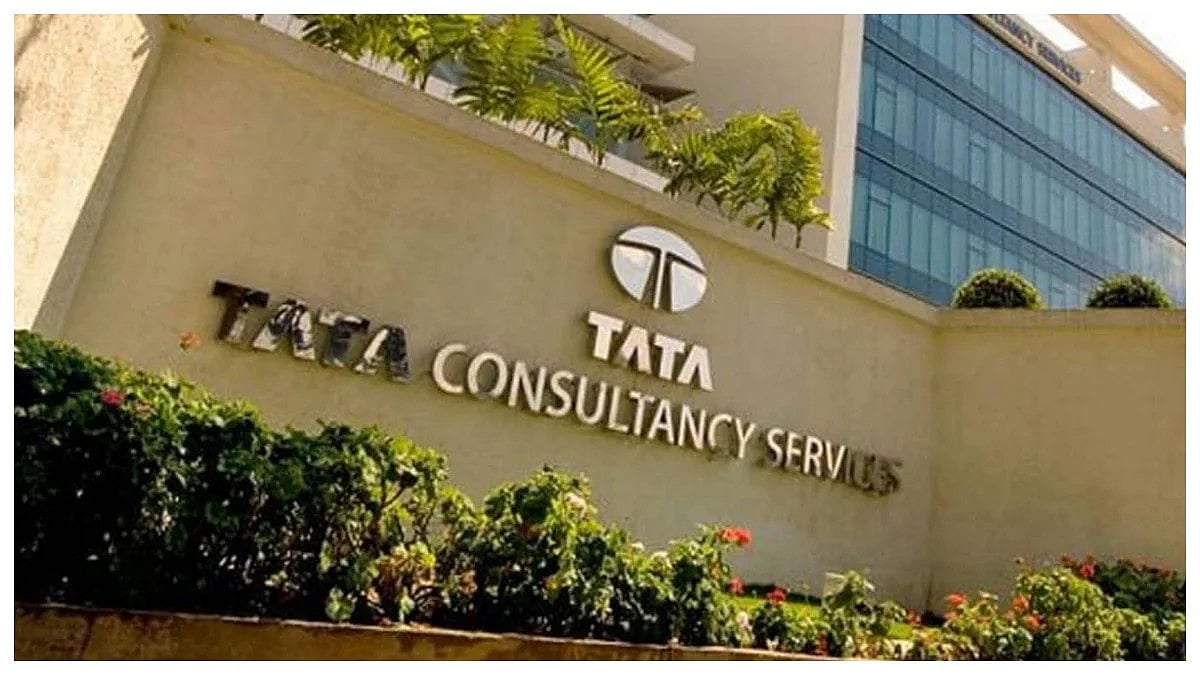Registration of a sale agreement in case of a property ensures that the transfer of ownership from the seller to the buyer is duly completed. And the importance of this process can never be understated in the context of a property transaction. The relevant provisions of the Income Tax Act (‘the Act’) define transfer (for calculation of capital gains) in relation to the immovable property as any transaction involving allowing possession to be taken or retained as per a valid contract. Readers may take note that this definition doesn’t refer to the registration of the agreement specifically.
In one of the cases that came up before the Tax Tribunal, a taxpayer had filed his return of income within the prescribed due date declaring income from other sources and capital gains on the sale of a godown. The taxpayer had purchased the said godown as per an agreement dated April 24. Under the terms of the agreement, he had made an initial payment of Rs. 126,000 as against the total purchase consideration of Rs. 12,26,000 with the promise to make the balance payment on or before the end of May that year. Against the part payment and the agreement, the seller had transferred all the rights, title and interest in favour of the taxpayer including the shares in the society.

The taxpayer had paid the stamp duty on the agreement on the same date of April as the initial payment. The seller agreed to complete the rest of the formalities including registration of the property on receipt of full and final payment. The seller had even made the application to the society for the transfer of shares based on the No Objection Certificate. Consequently, the balance payment was received and the agreement was registered with the stamp duty authority in July that year.
With time, the taxpayer sold the godown a little over three years, that is April 30, and handed over the possession too on the same date. In his return of income, the taxpayer offered the capital gains arising from the sale of this asset at Rs. 571,282 as long-term capital gains while computing the period of holding as three years and seven days.
During the assessment, the tax officer argued that as the registration of the original asset was completed on July 11; the asset was held for less than 36 months and therefore disallowed the taxpayer’s claim for long term capital gains on the sale of the godown. The tax officer treated the capital gains as short term capital gains and added income to the extent of Rs. 86,82,000 without granting the benefit of indexation of cost of the original asset as well as the exemption from long-term capital gains claimed u/ 54F of the Act.
At the first level of appeal, the appellate authority agreed with the tax officer and confirmed his view that the gains are short term capital gains. Aggrieved by the outcome of the appeal, the taxpayer filed a further appeal before the Tax Tribunal. Here, the taxpayer argued that the relevant provisions of the Act in relation to the process of transfer of assets have envisaged a transfer with payment of part consideration and possession/ enjoyment of the property. These clauses do not stipulate the registration of the immovable property is a mandatory condition to constitute transfer as defined under the Act. The taxpayer also found support in a previous Supreme Court decision which held that transfer under the Income Tax Act means a de facto ownership and not necessarily legal ownership.

Based on the facts of this case, the Tribunal observed that by virtue of the agreement for sale and making the part payment, the taxpayer had acquired irrevocable right, title and interest including possession of the godown. The registration of the property done subsequently in July was only a formality. Given this, the Tribunal observed that period of holding for the godown should be computed from the date of the agreement itself and not the date of registration. The tax officer was thereby directed to delete the addition made on account of the short term capital gains and allow the exemption claimed u/s 54F on account of the long term capital gains.
Summary
Income-Tax recognises the transfer of property based on part-payment and hand-over of possession, even if registration is not completed.
Tax-officer challenged taxpayers stand where capital gains were calculated based on the date of the agreement and not the date of registration.
Tax-officer recategorised the gains as short-term and disallowed deduction claimed u/s 54F.
Tax Tribunal held that registration of the property is only a formality if possession has been handed over and payment has been made by the buyer – accordingly date of the agreement should be considered for calculating the period of holding.
(The writer is the Founder of Arvind Rao and Associates, a tax and financial consulting firm based in Mumbai)











